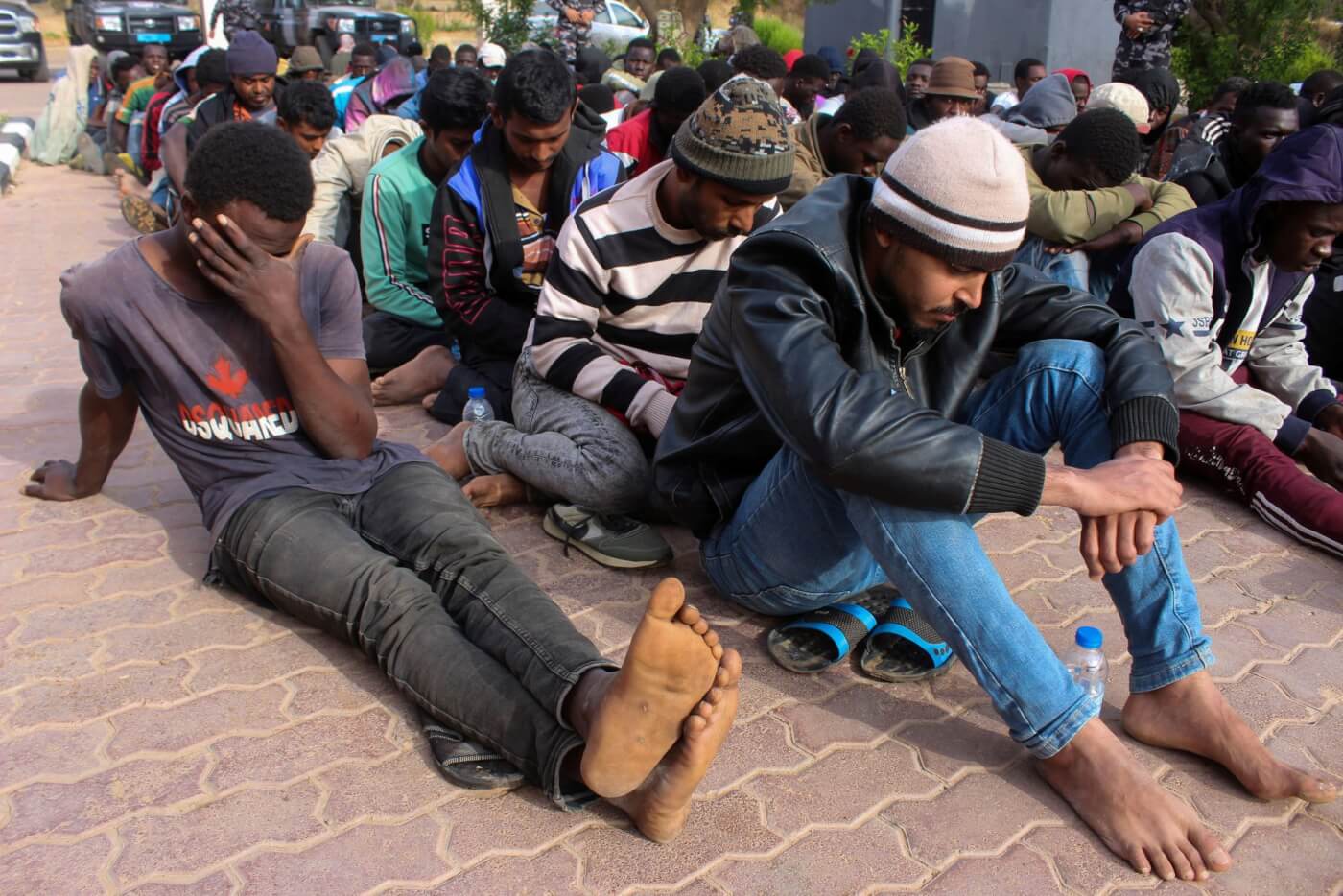A new report, co-authored by the United Nations Refugee Agency (UNHCR) and the Danish Refugee Council’s Mixed Migration Centre (MMC), has found nearly half of all violence against African migrants making the journey to the Mediterranean coast is perpetrated by law enforcers.
The report, titled ‘On this journey, no one cares if you live or die’: Abuse, protection, and justice along routes between East and West Africa and Africa’s Mediterranean coast details how thousands of refugees and migrants are subjected to extreme abuse including torture and sexual or gender-based violence, and in some cases death.
In the reports foreword, Filippo Grandi, High Commissioner of UNHCR says:
“This report tells a chilling story – one with many strands, originating in towns, cities and villages across the African continent, but which converge in Libya, where the abuses against refugees and migrants travelling along what has become known as the Central Mediterranean Route have blighted tens of thousands of lives over the last decade.”
The report covers: The journey of migrants attempting to reach Europe through Libya and Egypt; describes the major risks along the way; maps where violations consistently occur; identifies those responsible for violations; provides examples of measures available to support survivors of abuse and highlights the steps that need to be taken to curtail these crimes and hold the perpetrators to account.
One of the report’s major findings is that, of the nearly 16,000 refugees and migrants interviewed, just shy of half report suffering violent abuse at the hands of law enforcement authorities.
Vincent Cochetel, UNHCR special envoy for the central Mediterranean, told a news conference in Geneva on Wednesday 29 July 2020:
“In 47% of the cases, the victims reported the perpetrators of violence are law enforcement authorities, whereas in the past, we believe that it was mainly smugglers and traffickers…States have a responsibility that they need to discharge in that respect.”
On Monday 27 July 2020, three Sudanese migrants were shot dead by Libyan authorities. The trio were trying to avoid detention after disembarking from a failed attempt to cross the Mediterranean.
Over the course of 2018 and 2019, UNHCR reported 1,750 people dying trying to reach the sea, with Cochetel feeling the true figure is likely to be much higher, saying:
“That is just the visible tip of the iceberg. There are many families looking for their loved ones along the routes, and there is no answer to give them,”
UNHCR and MMC also found that as of the end of June, some 11,300 people have attempted to cross the sea from Libya in 2020. Around half of those attempting to make the trip have been disembarked in Libya, despite the fact that “UN agencies, NGOs, researchers, and media have documented the multiple human rights violations many refugees and migrants suffer in Libya.”.
Filippo Grandi does note that:
“The number of refugees and migrants in detention in Libya has also dropped in recent months. This is positive, and must be sustained, but there is still a long way to go. Solutions must still be found for refugees and migrants stranded there”
Separately, the International Rescue Committee on Wednesday 29 July 2020 called for the immediate release of almost 200 children who were placed in detention in Libya after trying to reach Europe by sea.
IRC quote
Almost all of the 200 children trying to reach Europe so far this year, including unaccompanied minors & children with disabilities, have been intercepted at sea, returned to Libya & arbitrarily detained.
IRC is calling for their immediate release:https://t.co/2bx4I7oxnq
— IRC – International Rescue Committee (@RESCUEorg) July 29, 2020
The UNHCR and MMC make a similar recommendation, calling for the international community to:
“Urge the Libyan authorities to end detention and release the refugees and migrants who are arbitrarily detained in centres across Libya in an orderly manner and to cease detention of those disembarked in Libya after being rescued or intercepted at sea”
Some 654,000 migrants are currently hosted in Libya, most trapped in cramped conditions with little access to healthcare; sparking fears of what might happen in the event of a coronavirus outbreak.
Watch IOHR interview Christian Friis Bach, Former Secretary-General of the Danish Refugee Council:

